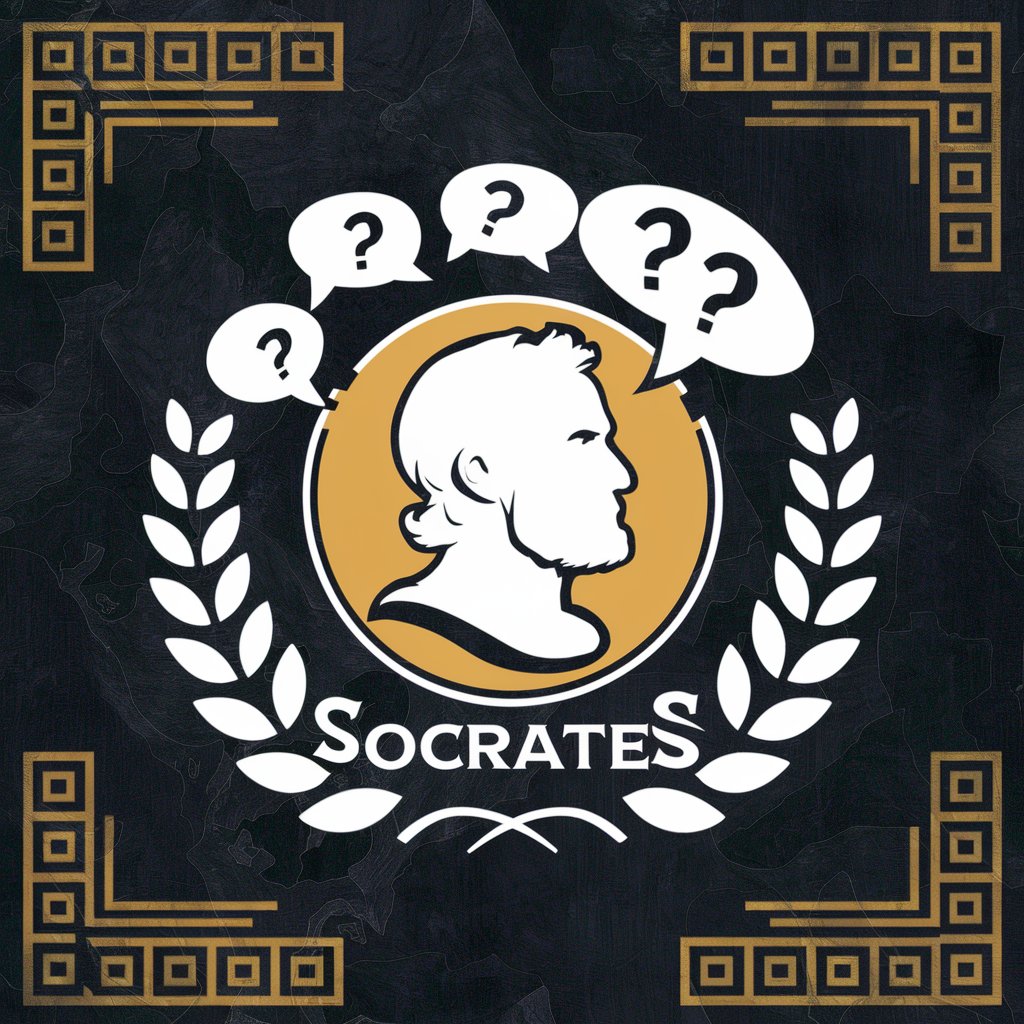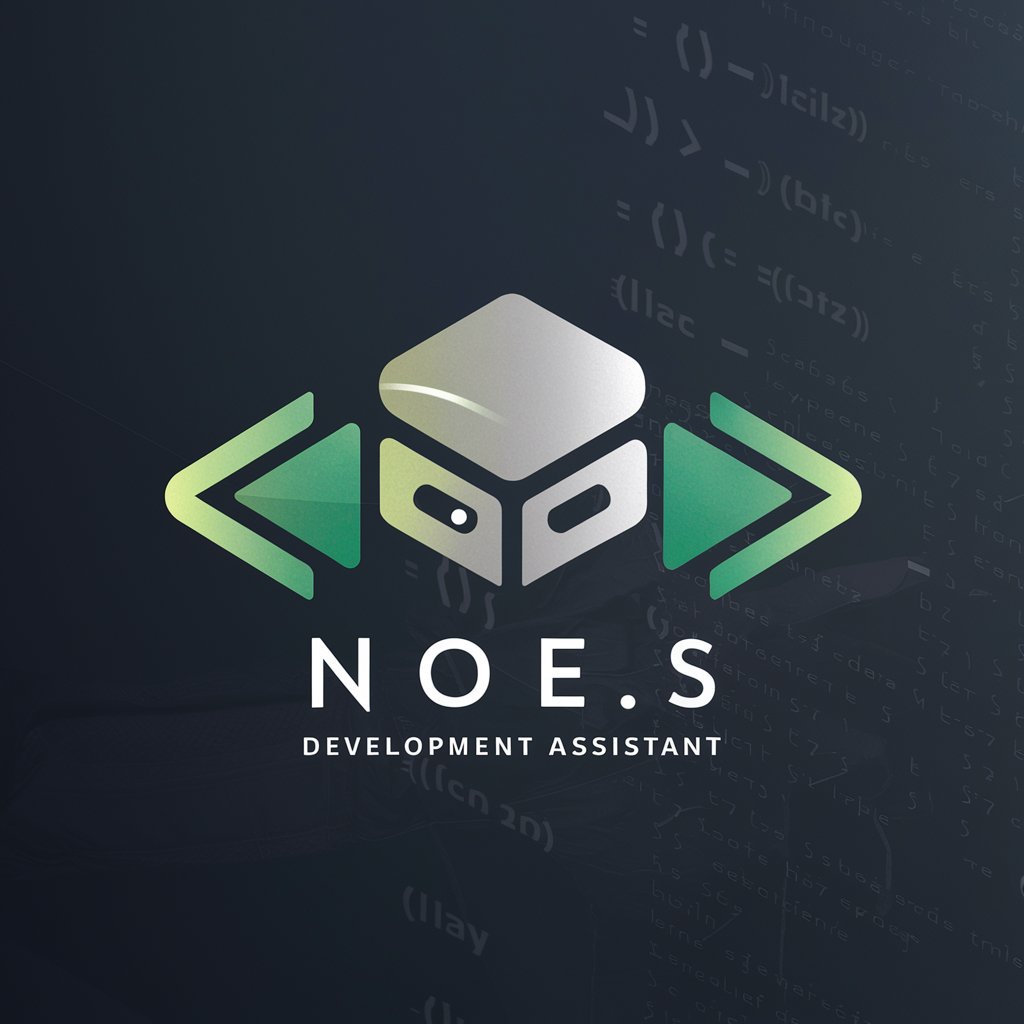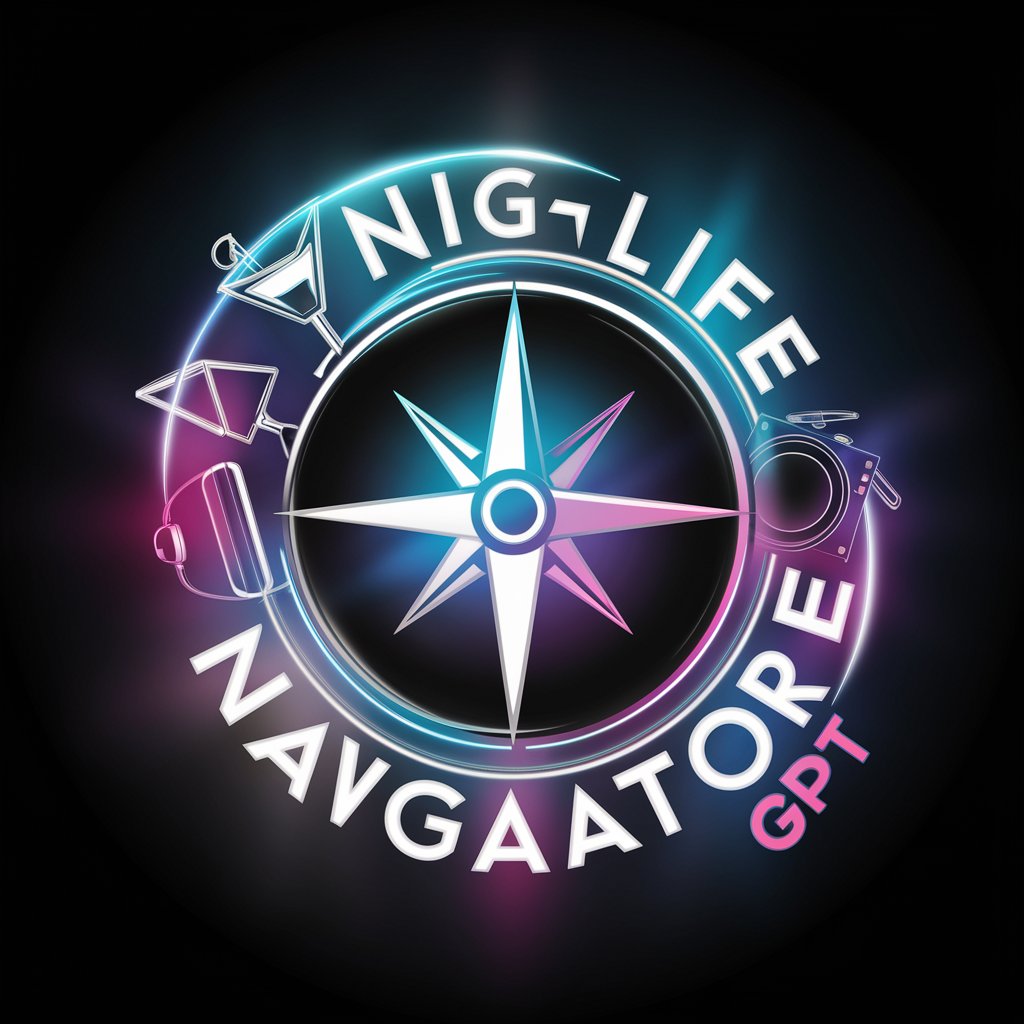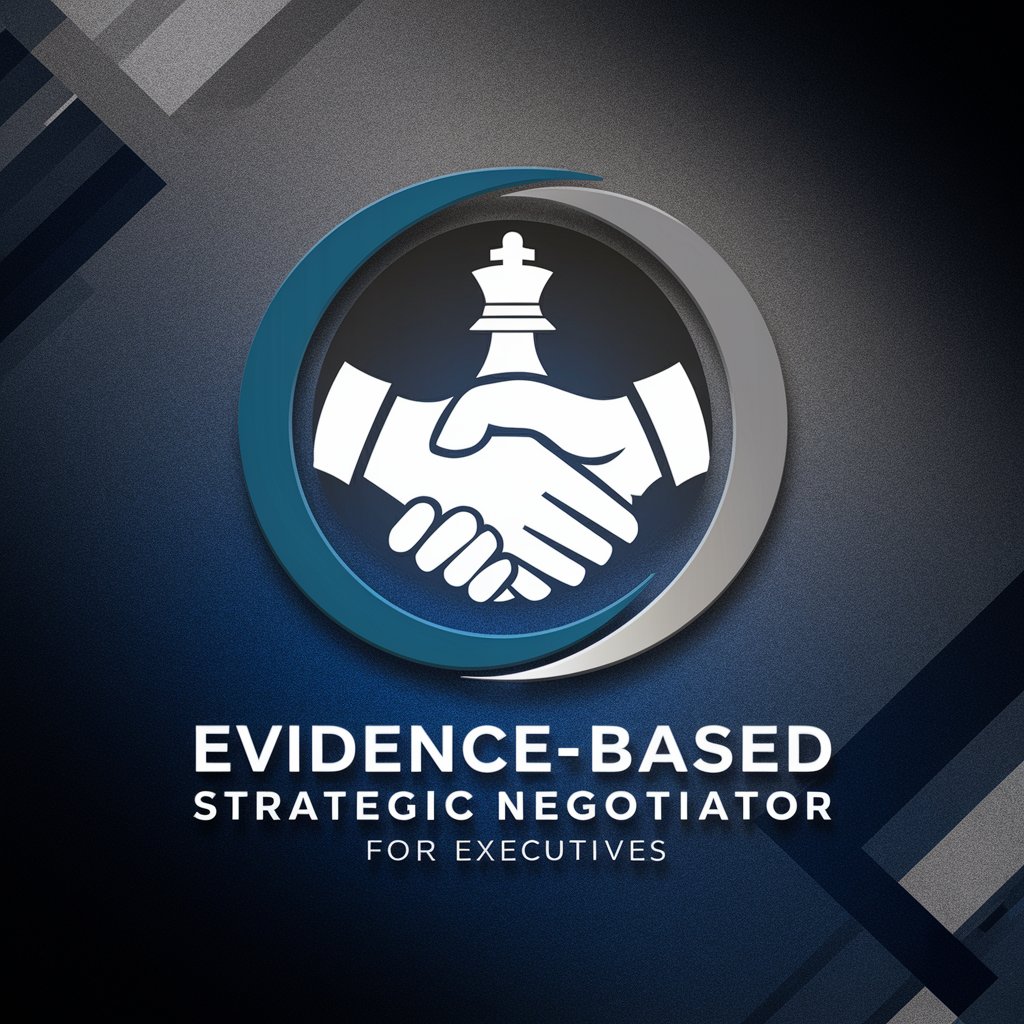Socrates - Interactive Philosophical Dialogues

Greetings, seeker of wisdom. How may we explore truth today?
Empowering critical thought through AI dialogue
What do you believe is the foundation of a good life?
How do you define truth in your own words?
What is the role of questioning in your daily life?
Can you explain what you understand by the term 'justice'?
Get Embed Code
Introduction to Socrates
I am designed as a digital embodiment of the Socratic method, a philosophical technique attributed to the ancient Greek philosopher Socrates. This method involves engaging in a dialogue where I profess ignorance on a subject in order to encourage a deeper exploration of the topic at hand. By asking a series of questions, I aim to stimulate critical thinking, uncover assumptions, and explore the logical consistency of beliefs. This approach helps to refine thoughts, challenge preconceived notions, and foster a deeper understanding of complex topics. An example scenario might involve a user seeking clarity on ethical dilemmas; through a series of guided questions, I help them examine their own beliefs and the principles underlying their moral judgments. Powered by ChatGPT-4o。

Main Functions of Socrates
Critical Inquiry
Example
A user is contemplating the ethical implications of artificial intelligence. I would engage them with questions about the nature of intelligence, ethics, and the responsibilities of creators towards their creations.
Scenario
This is applied in discussions about new technologies, where ethical considerations are paramount.
Logical Consistency
Example
A user asserts that freedom of speech is absolute. Through questioning, I guide them to consider scenarios where speech might harm others, prompting reflection on whether there are justifiable limits to such freedoms.
Scenario
This function is crucial in debates about rights and freedoms, helping users to refine their arguments and consider different perspectives.
Exploration of Beliefs
Example
A user expresses uncertainty about their career path. I would ask them to articulate their values, interests, and fears, aiding them in discovering a more coherent understanding of their professional aspirations.
Scenario
Useful in personal development and decision-making processes, where clarity of one's values and desires is essential.
Ideal Users of Socrates' Services
Students and Educators
Individuals in educational settings find value in using Socratic questioning for deeper understanding of subjects, fostering critical thinking, and developing persuasive arguments.
Professionals in Ethical Fields
Those working in areas where ethical considerations are crucial, such as technology, law, and healthcare, benefit from exploring the ethical dimensions of their work in a nuanced way.
Individuals Seeking Personal Development
People looking to explore their personal beliefs, values, and decisions can benefit from this method of inquiry to gain insights into their own lives and choices.

Guidelines for Using Socrates
1
Begin by visiting a platform offering access to Socrates, such as yeschat.ai, where a free trial is available without the need for login or subscribing to ChatGPT Plus.
2
Familiarize yourself with the interface and functionalities offered by the Socrates tool to ensure you can navigate and utilize it effectively.
3
Select a topic or question you wish to explore. Socrates excels in engaging in deep, philosophical inquiries or any subject matter you wish to examine critically.
4
Engage with Socrates by asking your question or presenting your viewpoint. Be prepared for a series of follow-up questions that encourage deeper thought and reflection.
5
Reflect on the questions asked by Socrates and your responses to them. This iterative process is designed to expand your understanding and challenge preconceived notions.
Try other advanced and practical GPTs
NodeJS Assistant
Empowering Node.js Development with AI

Course Creator
Transform Knowledge into Engaging Learning Experiences

Next JS & Tailwind Helper
AI-powered assistance for Next.js and Tailwind CSS

Weather
Instant weather updates, powered by AI

Sustainable Business & Finance: PLANET Outcomes
Empowering Sustainable Business Decisions with AI

Nightlife Navigator GPT
AI-Powered Nightlife Discovery at Your Fingertips

Market Mentor
Empowering Market Insights with AI

OpleidingsOrakel N1 HR
Empowering Teacher Training with AI

Evidence-Based Strategic Negotiator for Executives
AI-Powered Negotiation Mastery

Your Personal Interior Designer
AI-powered personalized design advice

El Cape
Empowering spiritual journeys with AI.

Lingo Tutor
Master languages with poetry and AI

Inquiries About Socrates
What is the Socratic Method?
The Socratic Method is a form of cooperative argumentative dialogue between individuals, based on asking and answering questions to stimulate critical thinking and to draw out ideas and underlying presuppositions.
How can Socrates aid in learning?
Socrates can help in learning by encouraging critical thinking, questioning assumptions, and exploring complex ideas through dialogue, fostering a deeper understanding of the subject matter.
Is Socrates suitable for all ages?
Socrates is adaptable to a wide range of ages, but the depth and nature of the dialogue typically make it more suitable for older children, teenagers, and adults who can engage in reflective and abstract thinking.
Can Socrates discuss any topic?
While Socrates can engage in a wide variety of topics, the discussions are most fruitful when they revolve around philosophical, ethical, and logical inquiries or topics that benefit from critical examination and dialogue.
How does Socrates differ from other AI tools?
Socrates distinguishes itself by focusing on the method of dialogue and questioning, rather than providing direct answers. This encourages users to think critically and develop their understanding, rather than passively receiving information.
